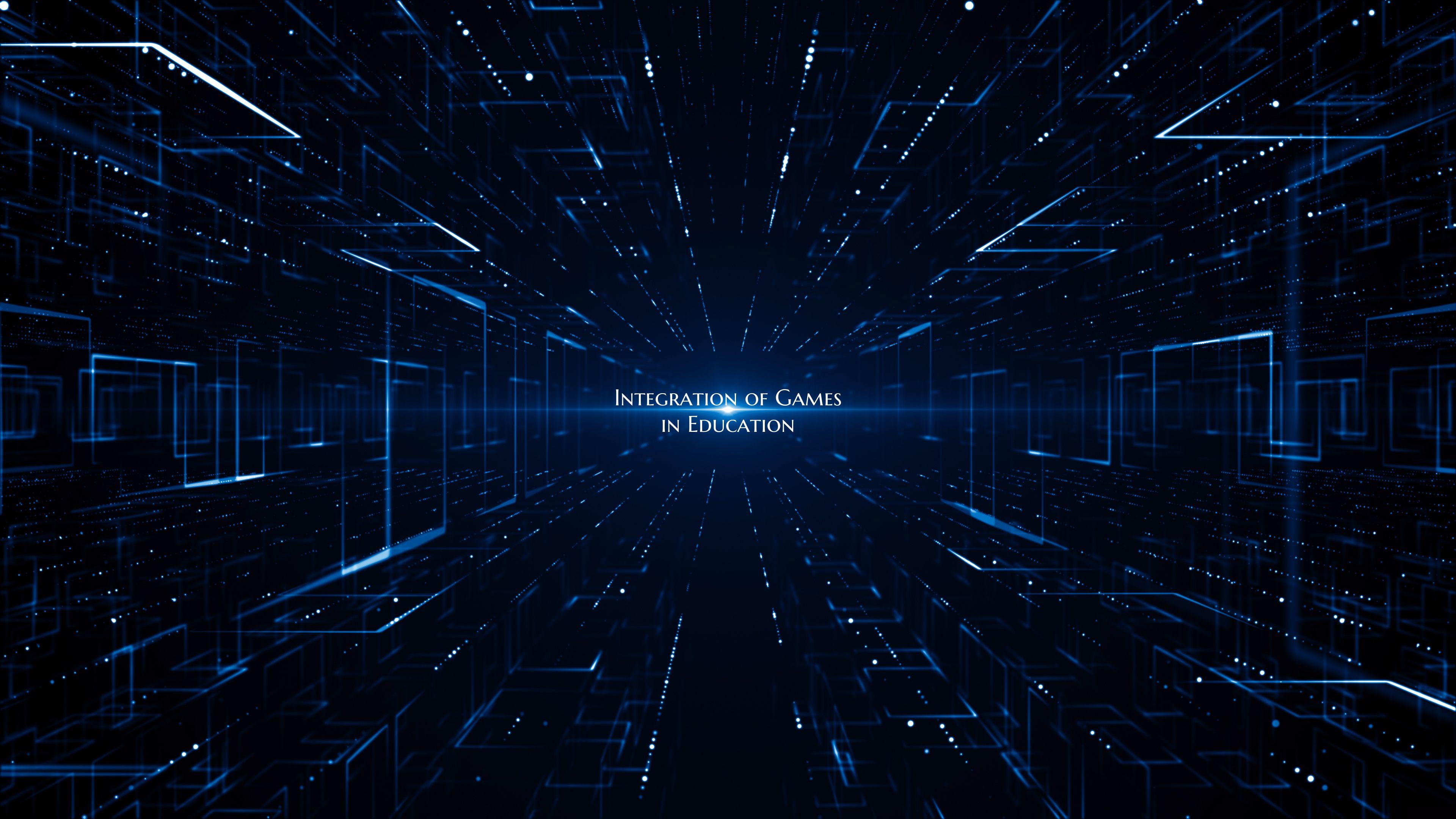Integration of Games in Education
In recent years, the incorporation of games into educational settings has gained significant attention as educators and researchers recognize the potential benefits of this innovative approach. By blending the engaging and interactive nature of games with academic content, educators can create dynamic learning experiences that are both enjoyable and effective.
One of the key advantages of using games in education is their ability to capture and maintain students' attention. Traditional teaching methods can sometimes struggle to keep students engaged, particularly in this digital age where distractions abound. Games provide a unique opportunity to make learning fun and immersive, motivating students to actively participate and continuously challenge themselves.
Furthermore, games can promote critical thinking skills and problem-solving abilities. Many educational games require players to strategize, make decisions, and think critically to progress through levels or solve challenges. This can help students develop important cognitive skills that are transferable to various academic subjects and real-world scenarios.
Moreover, the use of games in education can also enhance collaboration and social skills. Many games encourage multiplayer interactions and teamwork, fostering communication, cooperation, and mutual understanding among students. By working together towards a common goal in a game setting, students can learn to communicate effectively, delegate tasks, and respect diverse perspectives.
Additionally, games can offer personalized learning experiences tailored to individual student needs. Through adaptive technology and data analytics, educators can track students' progress, identify areas for improvement, and provide targeted feedback. This individualized approach to learning can help address students' unique learning styles and pace, promoting greater academic success and self-confidence.
Overall, the integration of games in education represents a promising avenue for transforming traditional teaching practices and engaging students in new and exciting ways. By harnessing the power of games to motivate, challenge, and inspire learners, educators can create enriching educational experiences that cultivate a passion for learning and foster 21st-century skills essential for success in an increasingly digital world.

